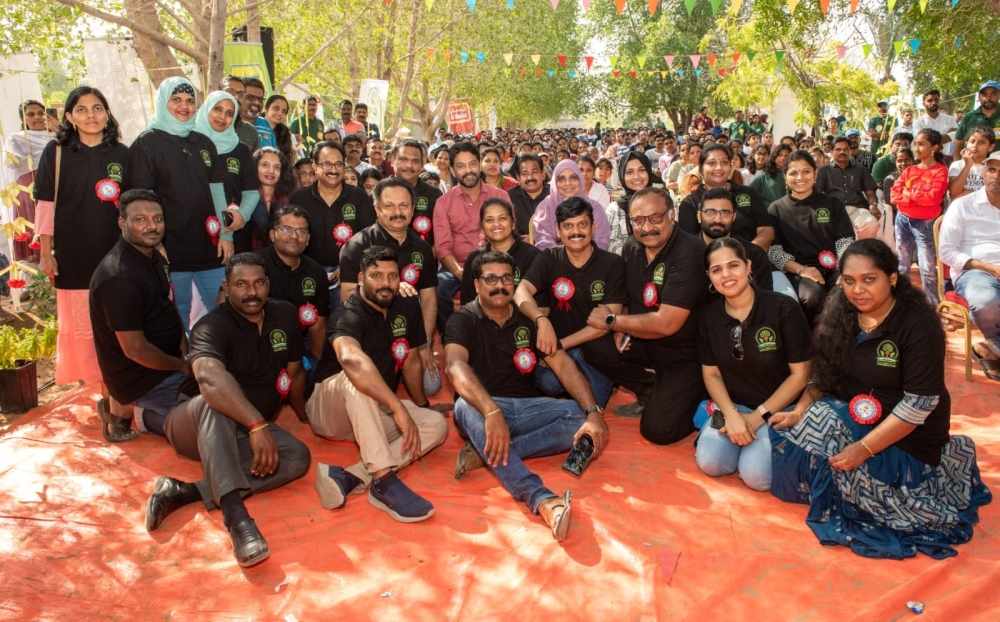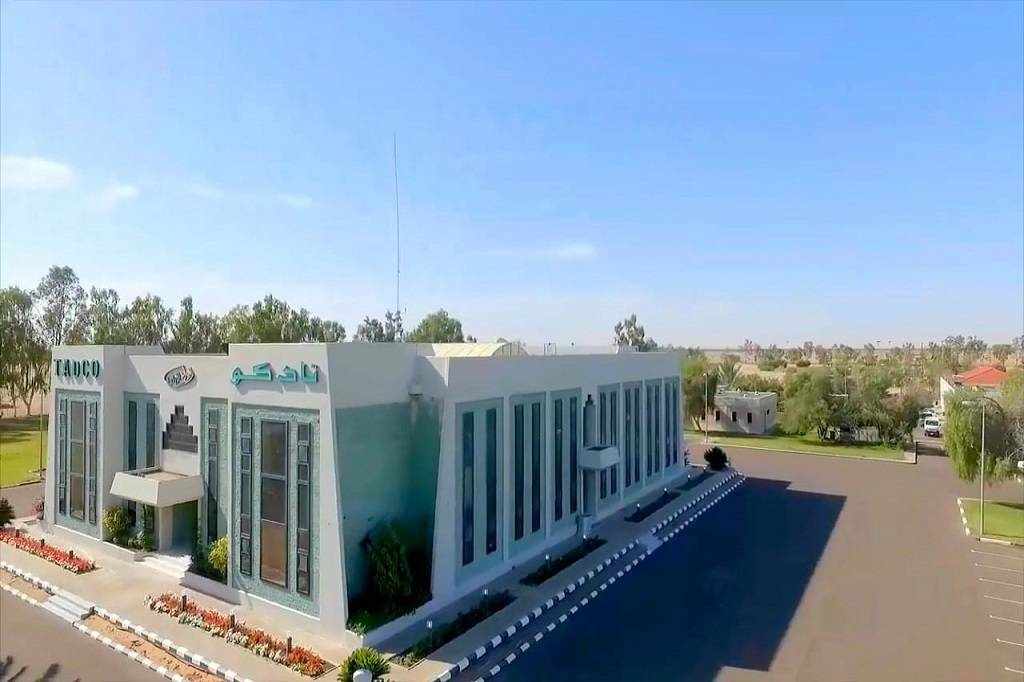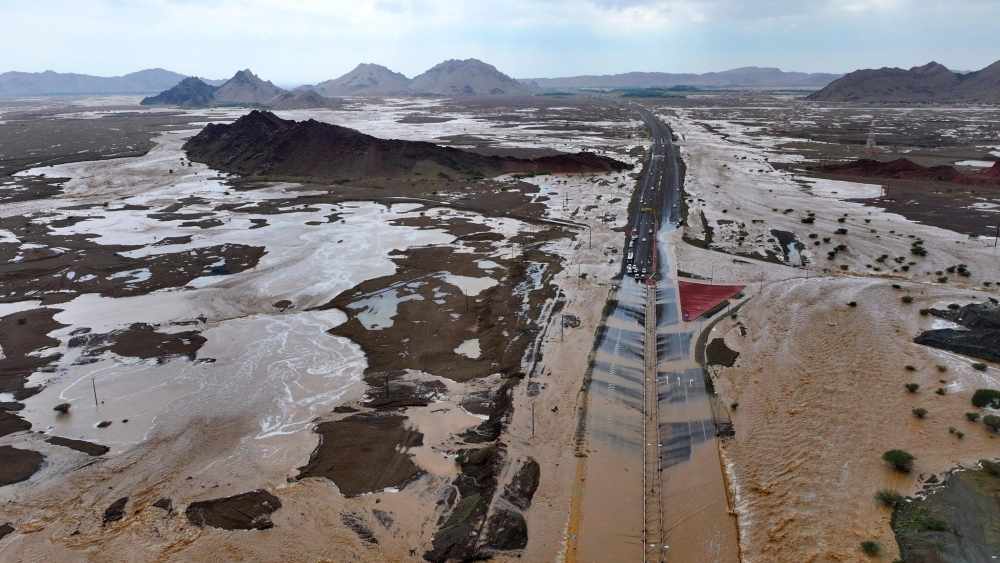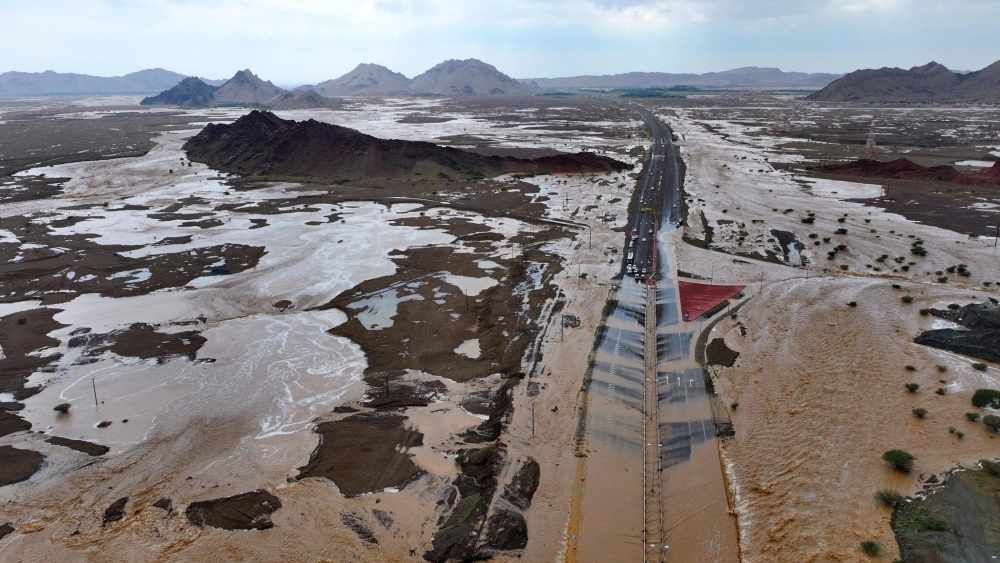A Rediscovered Forgotten Species Brews Promise for Coffee’s Future
- Date: 19-Apr-2021
- Source: Asharq AL-awsat
- Sector:Agriculture
- Country:Middle East
A Rediscovered Forgotten Species Brews Promise for Coffee’s Future
The coffee species Coffea stenophylla, which bears black fruit rather than the red fruit typical of the two coffee species that are widely grown commercially, is seen in Ivory Coast in this undated photograph. (Handout via Reuters)
In dense tropical forests in Sierra Leone, scientists have rediscovered a coffee species not seen in the wild in decades - a plant they say may help secure the future of this valuable commodity that has been imperiled by climate change.
The researchers said on Monday that the species, called Coffea stenophylla, possesses greater tolerance for higher temperatures than the Arabica coffee that makes up 56% of global production and the robusta coffee that makes up 43%. The stenophylla coffee, they added, was demonstrated to have a superior flavor, similar to Arabica.
Botanist Aaron Davis, who led the study published in the journal Nature Plants, said stenophylla was farmed in parts of West Africa and exported to Europe until the early 20th century before being abandoned as a crop after robusta's introduction.
Many farmers throughout the world's coffee-growing belt already are experiencing climate change's negative effects, an acute concern for the multibillion-dollar industry.
Arabica's flavor is rated as superior and brings higher prices than robusta, which is mainly























